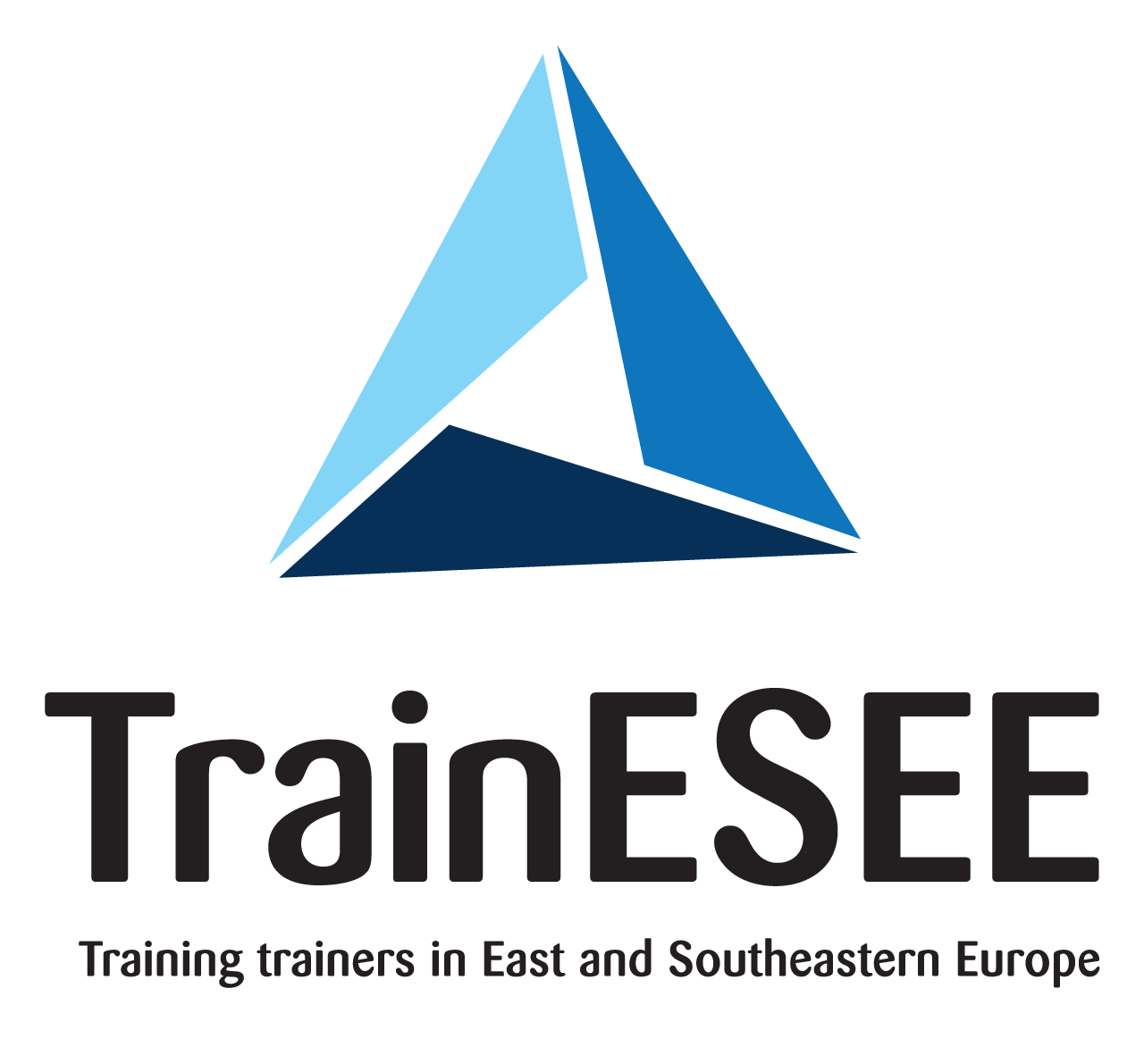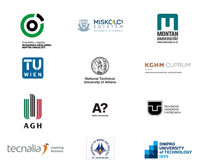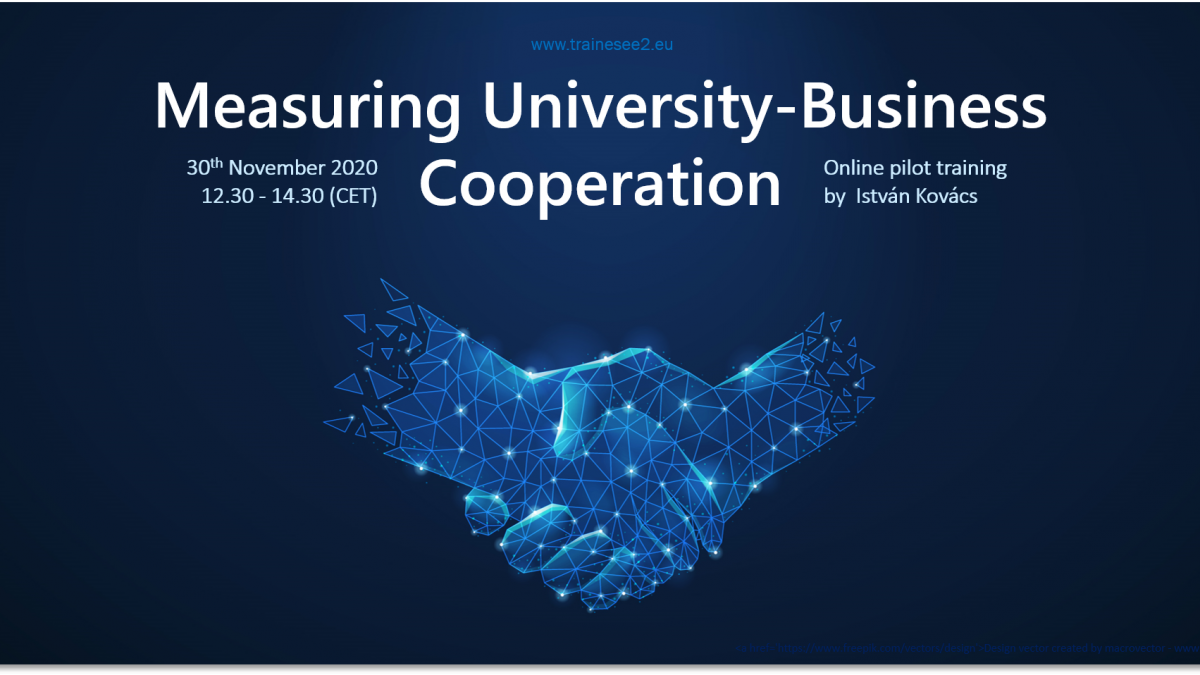This online training event, prepared and held by István Kovács, invites the participants to take part in an engaging, interactive session on how to measure university-business cooperation.
Although most universities have business partners, these corporate ties often lag behind the opportunities. Most recent HE policies and institutional strategies put a strong emphasis on enhancing university-business cooperation, usually in the context of the dialogue and cooperation in line with the Triple Helix model (the partnership of universities, companies and public institutions).
The workshop will address the variables of the internal innovation environment, including the preparedness of the academics, administrative staff and students as innovators.
The support of the different stages of the innovation process also provides measurement opportunities. These context indicators help the proper understanding of the institutional climate supporting entrepreneurship and corporate ties.
The second part of the event will focus on the indicators mapping the expected outcomes of innovations and the potential commercialization of the intellectual assets of universities.
The related figures will help to identify the return on investment, with other words the benefit of the entrepreneurial character and efforts of the university.
The third part will focus on B2B (UBC) cooperation, in which the universities can expect multiple advantages and benefits coming from external partnerships and projects.
Most potential impact dimensions, from knowledge exchange to joint R&D projects, can be coupled with metrics and this provides supporting arguments in favour of an ambitious UBC strategy.
The end of the event will conclude to a list of activities, supporting structures and processes that can help progress in the field of UBC.
The objectives and tasks with measurement opportunities will lead to the clearer commitment of leadership, the dedicated units, as the TTO (technology transfer office), the corporate relations’ division as well as the whole community of the institution.
The qualitative and quantitative indicators, including the related discourse, defining indicators, and target values with the highest local relevance, can ignite the necessary inspiration. Accountability and the evidence of progress may lead to a higher probability of meaningful efforts and success.
The training is free of charge.
Time: 12.30 – 14.30 (CET), 30th November 2020
Training will be held at: https://zoom.us/j/92617756259?pwd=Rk44Z0xDeU04eVVsblFIR2tlTXNvQT09
Register at: https://forms.gle/Bxw6gX1vnykL58YP6



